Search
Search Results
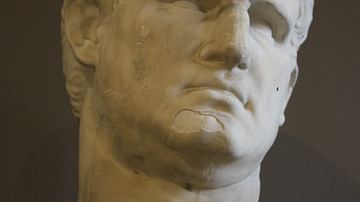
Definition
Marcus Agrippa
Marcus Vipsanius Agrippa (l. 64/62 – 12 BCE) was Augustus' (r. 27 BCE - 14 CE) most trusted and unshakably loyal general and his right-hand man in the administration of the city of Rome. Although his name is forever connected with the...
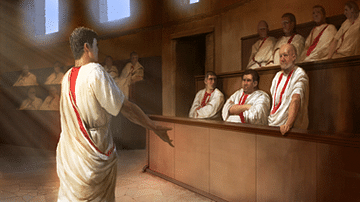
Definition
Praetor
A praetor was a senior magistrate in ancient Roman government, who was granted executive or imperium powers similar to that of the consuls. Although originally assigned legal authority over the courts, his executive powers allowed him to...
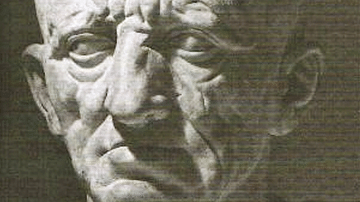
Definition
Cato the Elder
Marcus Porcius Cato, better known as Cato the Censor or Cato the Elder (234-149 BCE), was an influential political figure of the Roman Republic. Serving as quaestor, aedile, praetor, consul, and censor, he championed Roman virtues and detested...
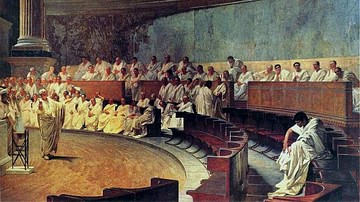
Definition
Roman Senate
The Roman Senate functioned as an advisory body to Rome's magistrates and was composed of the city's most experienced public servants and society's elite. Its decisions carried great weight, even if these were not always converted into laws...
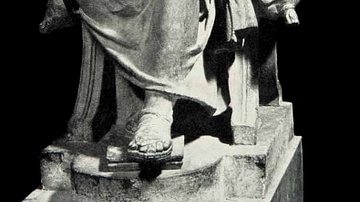
Definition
Marcus Claudius Marcellus
Marcus Claudius Marcellus (c. 270-208 BCE) was a five-time consul and, earning the nickname the 'Sword of Rome', he was one of the city's greatest military commanders. Active in both the First and Second Punic Wars, he also won honours for...
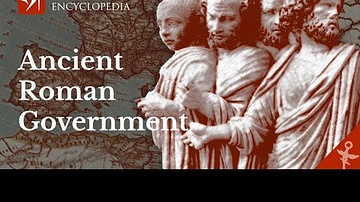
Video
How the Ancient Roman Government Worked
Western Civilization is forever indebted to the people of ancient Greece and Rome. Among the numerous contributions these societies made are in the fields of art, literature and philosophy; however, perhaps their greatest gift to future generations...

Article
Caesar As Dictator: His Impact on the City of Rome
Gaius Julius Caesar (100-44 BCE) first assumed the role of dictator in 49 BCE, however, once he had secured his election as consul for the following year, he resigned after 11 days. After defeating Pompey at the Battle of Pharsalus in 48...
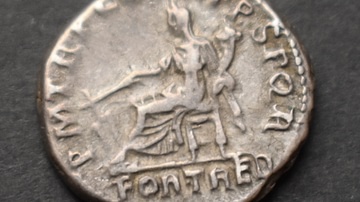
Article
Authority in Ancient Rome: Auctoritas, Potestas, Imperium, and the Paterfamilias
Authority in ancient Rome was complex, and as one can expect from Rome, full of tradition, myth, and awareness of their own storied history. Perhaps the ultimate authority was imperium, the power to command the Roman army. Potestas was legal...
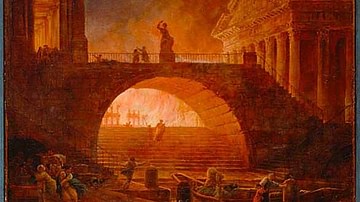
Definition
Vigiles
The vigiles (or cohortes vigilum) were formed during the reign of Augustus to act as ancient Rome's permanent firefighting service. Evolving from earlier slave teams, the vigiles were organised as an urban military unit and eventually recruits...
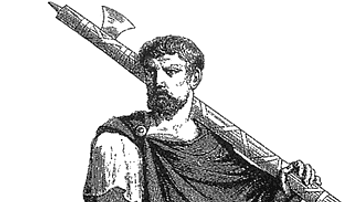
Definition
Fasces
The fasces were a bundle of rods and a single axe which were carried as a symbol of magisterial and priestly authority in ancient Rome. They featured prominently in important administrative ceremonies and public processions such as triumphs...